Question And Answer
Publications
Articles, publications, books, tools and multimedia features from the U.S. Institute of Peace provide the latest news, analysis, research findings, practitioner guides and reports, all related to the conflict zones and issues that are at the center of the Institute’s work to prevent and reduce violent conflict.
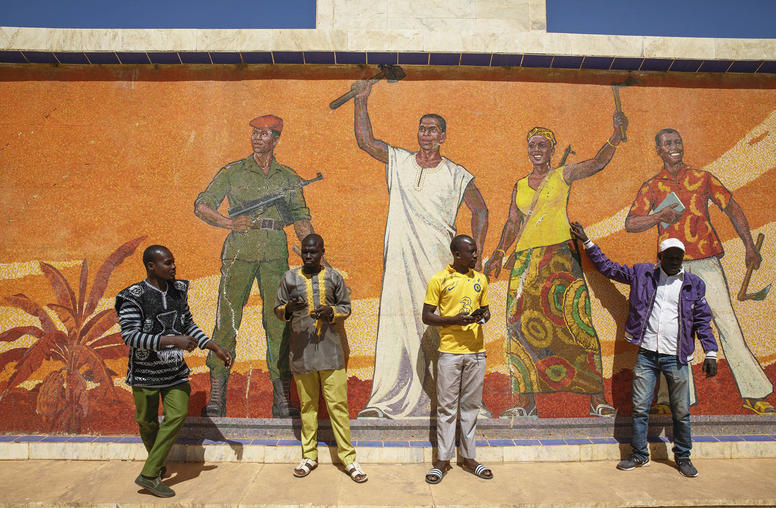
How to Respond to Niger’s Coup — and Prevent the Next One
Military officers in Niger are rushing to consolidate the power they seized 15 days ago, while West Africa’s elected governments and regional institutions are seeking ways to reverse the July 27 coup d’état. Niger’s coup seems a particular setback for democracy, completing a six-nation belt of military regimes across Africa’s Sahel region. Amid this uncertain power struggle, how can the world support Africans’ demonstrated demand for elected, democratic governance that meets their peoples’ needs? We should begin by hewing to several basic principles. One is to keep our responses to coups coherent — but not uniform. Niger’s coup is distinct; our response must be as well.
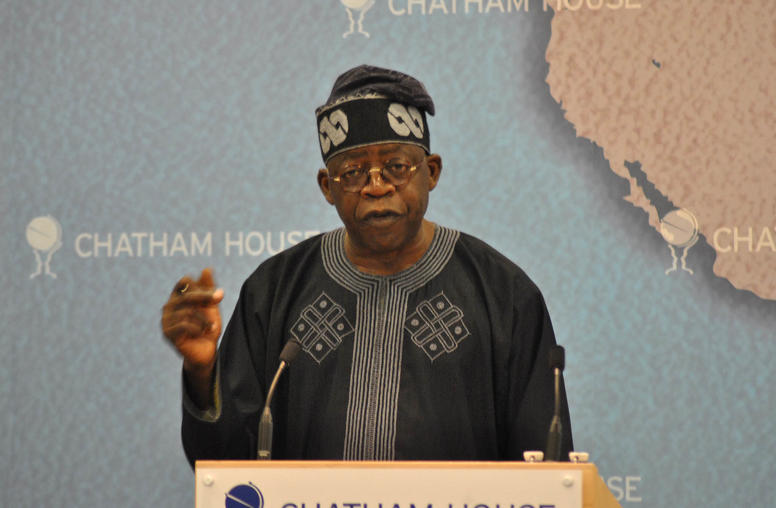
West Africa’s Leaders Face the High Stakes of Niger’s Coup
Amid the global challenges to building international stability and peace, a crisis increasingly forcing itself to the foreground — even amid those of record human displacement, climate degradation and unresolved wars — is the plunge by six countries across Africa’s Sahel region into coups d’état and military rule. Eight coups since 2020 have left 150 million people under rule by their armed forces. The latest coup, in Niger, is drawing a heightened international response, and a key player, the 15-nation West African community, today that it will pursue a long campaign of economic and diplomatic pressure, and that it sees military force as a last resort.
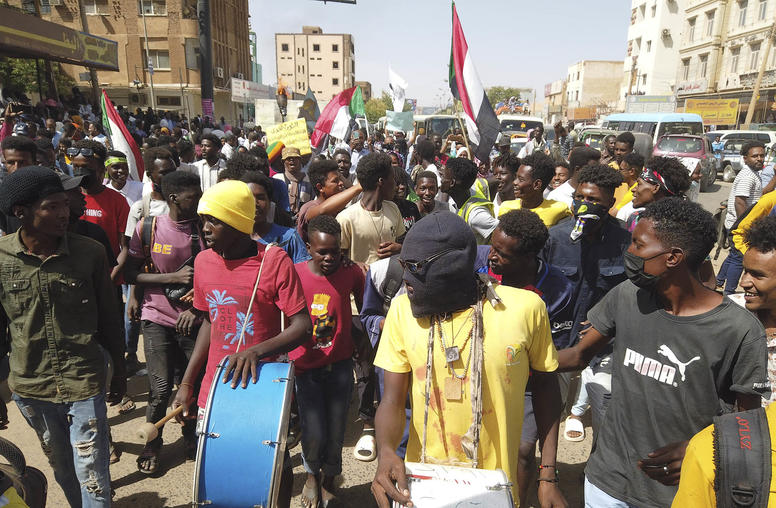
Countering Coups: How to Reverse Military Rule Across the Sahel
Three years of coups around Africa’s Sahel region — eight of them in six nations, from Guinea on the Atlantic to Sudan on the Red Sea — leave many African and other policymakers frustrated over how to respond. The Sahel’s crises have uprooted more than 4 million people and could add millions more to our record levels of global human migration as Africa’s population grows and its climate destabilizes. Yet the pattern of coups and other evidence — notably from USIP’s Sahel fieldwork, counter-coup research and bipartisan analysis teams — offer guidelines for effective responses by African, U.S. and international policymakers.
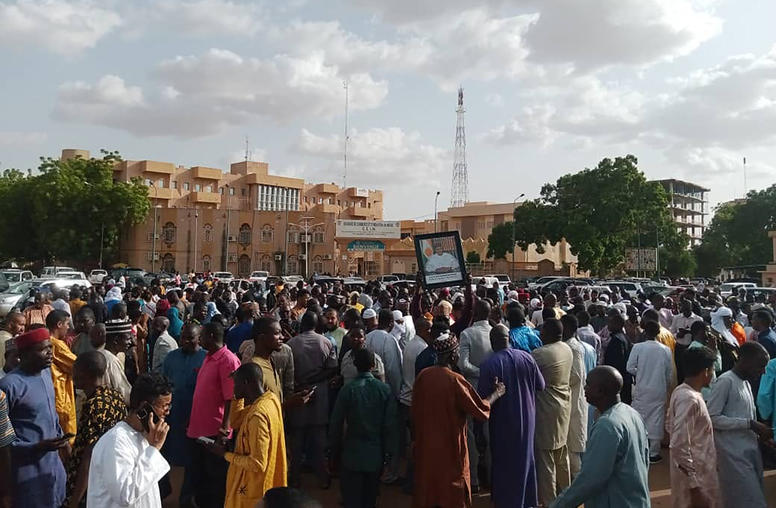
A Coup in Niger: What It Means for Africa, U.S. and Partners
This morning’s coup d’etat in Niger only deepens the pattern of instability across Africa’s Sahel and damages what has been a rare process of fairly steady democracy building in the region. Niger’s democratically elected government has been a valued partner for African and international efforts to stabilize the Sahel against its web of insurgencies, extremist movements and military coups. Kamissa Camara, a former foreign minister of Niger’s neighbor, Mali, now an analyst on the region with USIP, says the coup underlines lessons already evident about how to improve international efforts to build democracy and peace.
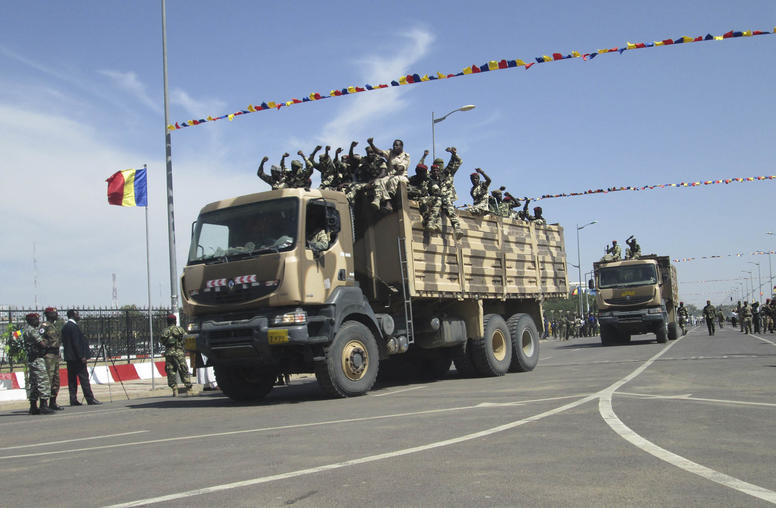
Chad’s Political Transition Might Be Its Last Shot for Democracy and Peace
The state of Chad’s political transition is not reassuring. Despite some signs of progress during the National Inclusive and Sovereign Dialogue (DNIS) last October, security forces engaged in violent crackdowns of protests shortly afterward — killing dozens of civilians. Meanwhile, now-President Mahamat Idriss Déby has moved to consolidate power ahead of elections planned for October 2024, leaving opposition and civic groups worried that Déby may not turn power over to a civilian government.

La transition politique au Tchad pourrait être la dernière chance pour la démocratie et la paix
L'état de la transition politique au Tchad n'est pas rassurant. Malgré quelques signes de progrès lors du Dialogue national inclusif et souverain (DNIS) d'octobre dernier, les forces de sécurité se sont engagées dans une violente répression des manifestations peu après - tuant des dizaines de civils. Entre-temps, l'actuel président Mahamat Idriss Déby a pris des mesures pour consolider le pouvoir avant les élections prévues pour octobre 2024, laissant l'opposition et les groupes de la société civile préoccupés par le fait que Déby pourrait ne pas remettre le pouvoir à un gouvernement civil.
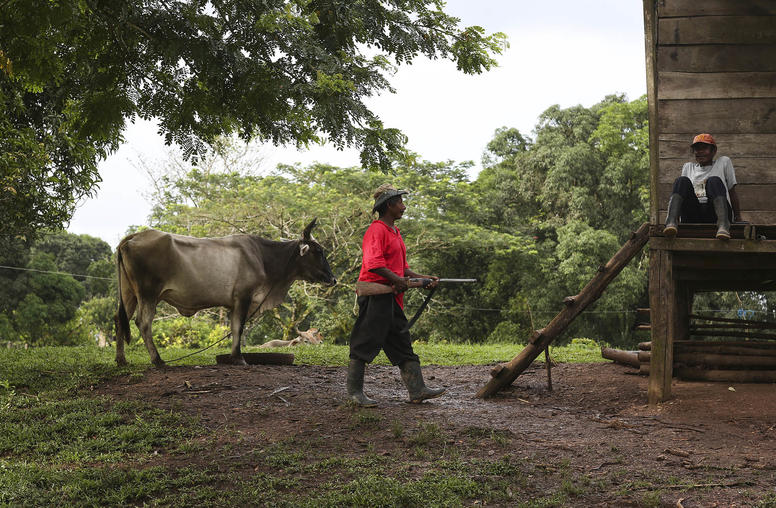
Earth’s best defenders are Indigenous. They pay a price: violence.
Little noted by the world, warfare in India’s northeastern state of Manipur this spring has killed hundreds of Indigenous people and uprooted more than 35,000 residents. This violence along the India-Myanmar border fits a global pattern, also little noted: For decades, some 80 percent of human conflicts have smoldered in the “biodiversity hotspots” where our planet’s flora and fauna are most threatened by battles for resources and wealth — and where Indigenous peoples suffer the violence while protecting humanity’s common ecological heritage. We should strengthen the world’s inadequate public attention and policies on this crisis, and 2023 offers a chance to do so.
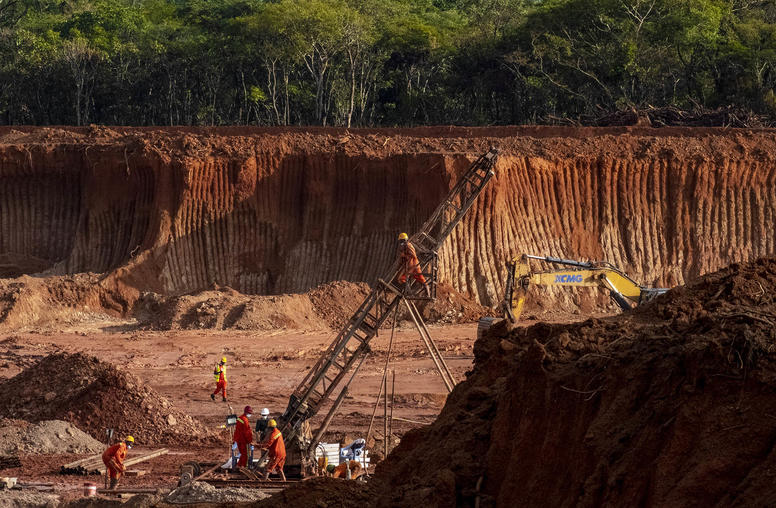
Challenging China’s Grip on Critical Minerals Can Be a Boon for Africa’s Future
Demand for the critical minerals powering the world’s clean-energy technologies, consumer goods and defense applications is skyrocketing. These metals are what the modern economy runs on: we need them for our phones, electric vehicles and satellites, and so much more. Forecasts estimate that in the coming decades, the world will need many times more cobalt, copper, lithium and manganese, among other minerals, than what is currently being produced.
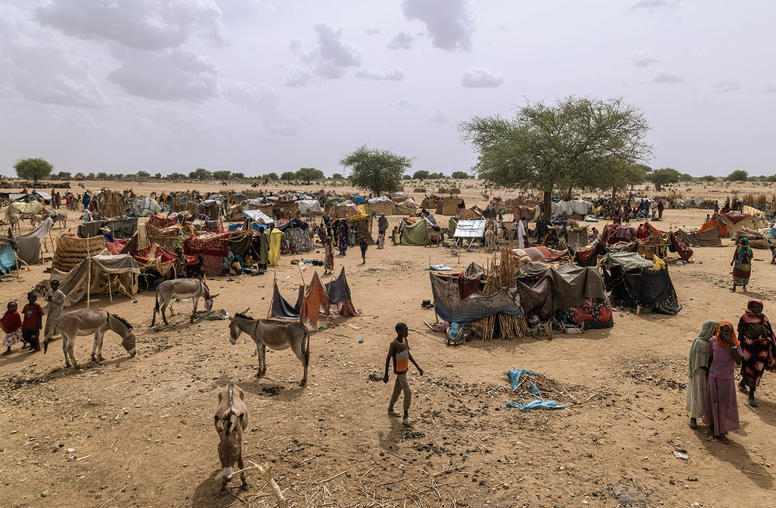
Sudan’s Crisis Offers New Lessons for Building Peace in the Sahel
Sudan’s five-week war has killed or wounded over 5,000 people, uprooted a million more — and reignited understandable frustrations over how U.S. and international policies can better prevent or respond to such upheavals. Amid heated policy debates, we should step back briefly to pinpoint lessons from this crisis that can improve our responses in Sudan and across the Sahel’s web of coups, insurgencies and extremism. Indeed, that task is urgent — both to address the complex evolutions in the region’s crises and to build support for smarter, steadier engagement, rather than a self-defeating retreat from the Sahel by global partners seeking democracy and stability.
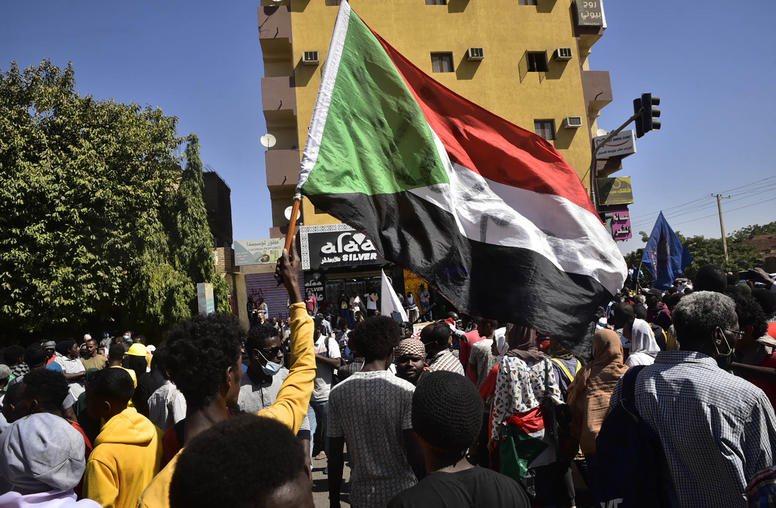
Sudan: Engage Civilians Now, Not Later
Over the last month, a series of cease-fires in Sudan have yielded minimal results. Fighting between the Sudan Armed Forces (SAF) and the Rapid Support Forces (RSF) has continued and even intensified in some places. While the capital Khartoum and areas surrounding key infrastructure remain the core battlegrounds, the clashes have spread into other parts of the country.